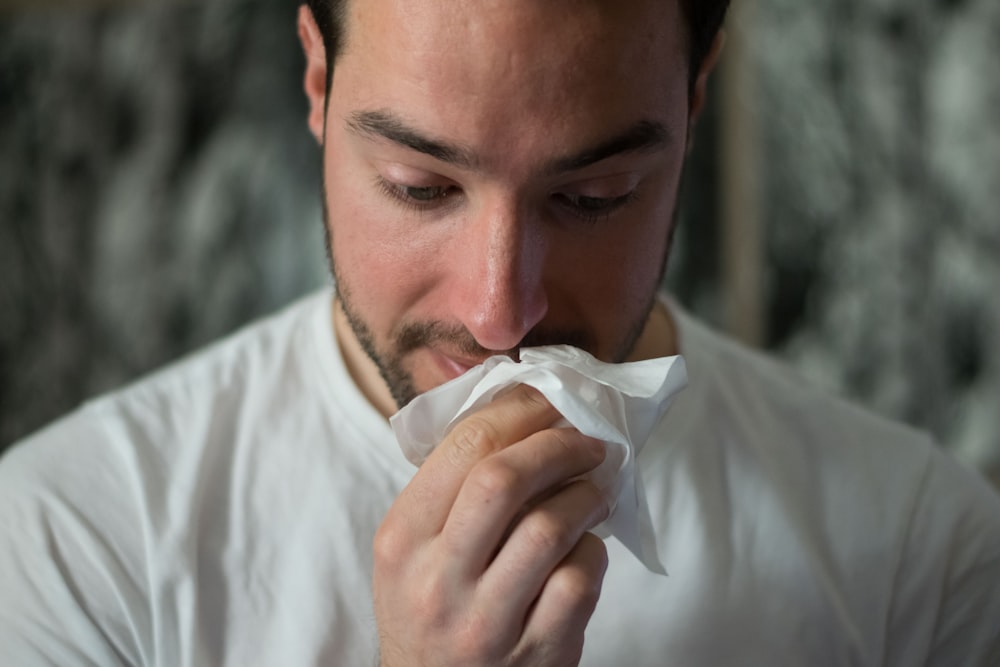
Are you getting enough vitamin D, or is it possible you have a vitamin D deficiency? Your body needs vitamin D because it’s vital for the health of your bones and teeth, as well as its important role in your immune system function. Vitamin D helps your body absorb calcium and phosphorus. Often referred to as the “sunshine vitamin”, vitamin D is naturally produced by your body when you’re exposed to sunlight. The sun is one of the best sources of vitamin D. Other than sunlight, you can also get vitamin D from supplements and foods such as mushrooms, eggs, salmon, red meat and fortified dairy products.
Vitamin D deficiency can cause brittle bones and has also been linked to various cancers and diseases. On the other hand, those who are getting a healthy amount of vitamin D could prevent conditions such as depression, diabetes, heart disease, breast cancer, colon cancer, neuromuscular diseases and osteoporosis.
Possible Symptoms of a Vitamin D Deficiency
What are some signs and symptoms that you might have a vitamin D deficiency? Although it’s best to talk to your doctor about getting a blood test done to check for vitamin D deficiency, there are also signs to watch out for. Below are some possible symptoms of vitamin D deficiency:
You Have a Weak Immune System and Get Sick Often

One of the major benefits of vitamin D is that it helps keep your immune system functioning strongly. Vitamin D, therefore, helps you fight off various viruses, bacteria and infections if you’re getting an adequate amount of it.
This means that if you get sick often, and find that you’re prone to getting colds or the flu, a vitamin D deficiency could be one of the causes.
Chronic Pain
Since vitamin D keeps your bones healthy and strong, it makes sense that a vitamin D deficiency could cause bone and body pains. Various research studies have found a correlation between low vitamin D and chronic body pain such as lower back pain. One study found that lower levels of vitamin D in individuals was associated with their increased lower back pain. Since chronic pain could be a symptom of a vitamin D deficiency, you may want to speak to your doctor about getting a blood test done to check for a deficiency if you’re experiencing back pain, muscle pain, bone pain or body pains. Muscle weakness can also be a symptom of a deficiency.
Depression
Why do you think so many people suggest you get some sunshine if you’re feeling down? Exposure to the “sunshine vitamin” can help improve your mood, and many people report feeling happier when they spend more time in the sunshine.
A symptom of vitamin D deficiency is therefore often the symptom of depression. Increasing vitamin D intake can improve symptoms of depression, as many scientific studies have proven. It’s very common to experience an improved mood when you start spending more time outside in the sun.
Fatigue
Do you feel tired often, even when you’ve had enough sleep? Many research studies have found evidence that vitamin D deficiency can cause fatigue, and that increasing vitamin D can combat fatigue.
Hair Loss

Although many factors can cause hair loss, such as hormonal changes or stress, a vitamin D deficiency could be the cause of your hair loss. There is research out there that links hair loss to low vitamin D levels, which makes sense since your hair needs vitamins and nutrients to grow long and strong. This study, for example, found that a synthetic form of vitamin D applied topically for 12 weeks was enough to facilitate hair regrowth in the study’s participants.
Weight Gain
Not only do people who are overweight tend to have lower vitamin D levels, but some studies have found evidence that increasing one’s vitamin D can facilitate weight loss.
Vitamin D is stored in fatty tissues, so people with higher body fat may need higher amounts of vitamin D compared to those with lower body fat.
Treatment of Vitamin D Deficiency
If your blood test confirms that you have a vitamin D deficiency, you’ll want to speak to your doctor or naturopath about the best way to increase your vitamin D levels. Below are some common treatment methods for a vitamin D deficiency:
Increase Exposure to Sunlight or UVB Rays

Although you might need more exposure to sunlight in order to improve your vitamin D levels, this doesn’t mean you should start sunbathing all day. Often, all you need is 15 minutes per day of exposure to sunlight.
Since it’s UVB rays that help your body make vitamin D, some people book 15-minute sessions in a tanning bed to increase their vitamin D or utilize natural sunlight.
Sun exposure can be harmful, especially if you’re genetically prone to skin cancer. There are other ways to increase vitamin D without sun exposure, however. For example, you can take supplements.
Vitamin D Supplements
Talk to your doctor or naturopath about vitamin D supplements. This might be the best option for you if you’re trying to avoid too much sun exposure. Supplements are also a great treatment method in the winter.
Eat Foods Rich in Vitamin D

At the grocery store, you’ll often see dairy products clearly labelled to indicate that they’re fortified with vitamin D. You can also eat more foods rich in vitamin D if you’re trying to treat a vitamin D deficiency. Egg yolks, fatty fish, red meat, mushrooms, swiss cheese and canned tuna.
Do you want to find out if you’re genetically prone to having higher or lower needs of vitamin D? Would you like to know if you’re genetically at a higher risk of getting skin cancer, and should therefore choose vitamin D supplements instead of increasing your sun exposure to get more vitamin D? The premium DNA test from CircleDNA can inform you of your individual needs. Order your DNA test here.





Comments are closed.